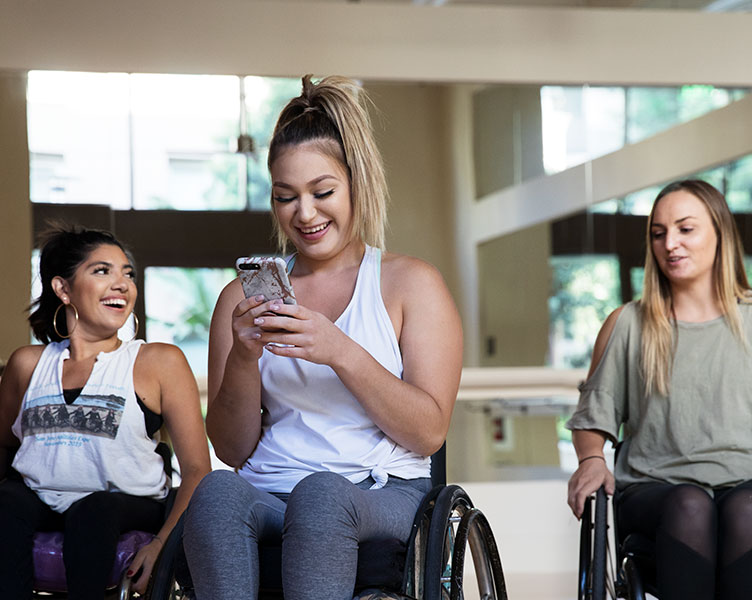Julian: I went from being free to do whatever I want, to not being able to walk properly if at all, with little use of my hands. I started to be able to do some things again over the course of two weeks, but I couldn’t pee on my own. They taught me how to catheterize myself, which is not difficult. Do I want to catheterize myself? No. Do I enjoy it? No. But it is what it is - such is life. I can’t change that fact, so let me get on with it.*
You need to be patient - with training and practice you will most likely be able to empty your bladder within a few minutes and catheterization will then typically become a routine you barely think about in your daily life. It is natural to feel slightly insecure and nervous about having to learn intermittent catheterization (IC). The thought of having to insert a tube into your body – not just once, but many times during the day - can seem overwhelming at first.
But you can take solace in the fact that thousands of people like you do it every day, and while they may have had the same worries, now it has become a routine – just as it will for you.
Here are some of the main concerns, some first-time IC users have:
Is IC difficult to learn?
Nearly anyone can learn to perform IC, even people with reduced hand dexterity. It may be feel a bit awkward at first but with practice it will become an ordinary thing in your everyday routines. Your nurse will help you find the right catheter and way of doing it. Make sure you get the catheter that matches your needs.

Will it hurt?
IC may feel strange at first but it should not be painful. Please consult with your nurse if you are having problems or you are finding it painful.
What if I can’t insert or withdraw the catheter?
Firstly, try to relax. Most problems are related to muscles tensing up. Coughing may help insertion and withdrawal. Speak to your nurse if you are experiencing problems. Your physician can help determine the right catheter for you. Our Coloplast Care team can advise you on features of the different products.
Is it harmful?
If you are using the correct catheter and follow the instructions, the risk of complications is reduced. If you still struggle with the thought of performing IC, remember that there are people around you to support you: your nurse and doctor can answer any medical or
treatment questions you have and demonstrate how you do it in a safe way and your Coloplast Care team is ready to address any lifestyle or product concerns you may have. We receive calls from people with bladder issues every day.
Let’s have a talk.
Information from the Coloplast Care team is for educational purposes only. It is not intended to substitute for professional medical advice and should not be interpreted to contain treatment recommendations. You should rely on the healthcare professional who knows your individual history for personal medical advice and diagnosis.
*Coloplast has compensated this user to share his product experience. Each person's situation is unique so your experience may not be the same. Talk to your healthcare provide about whether this product is right for you.



